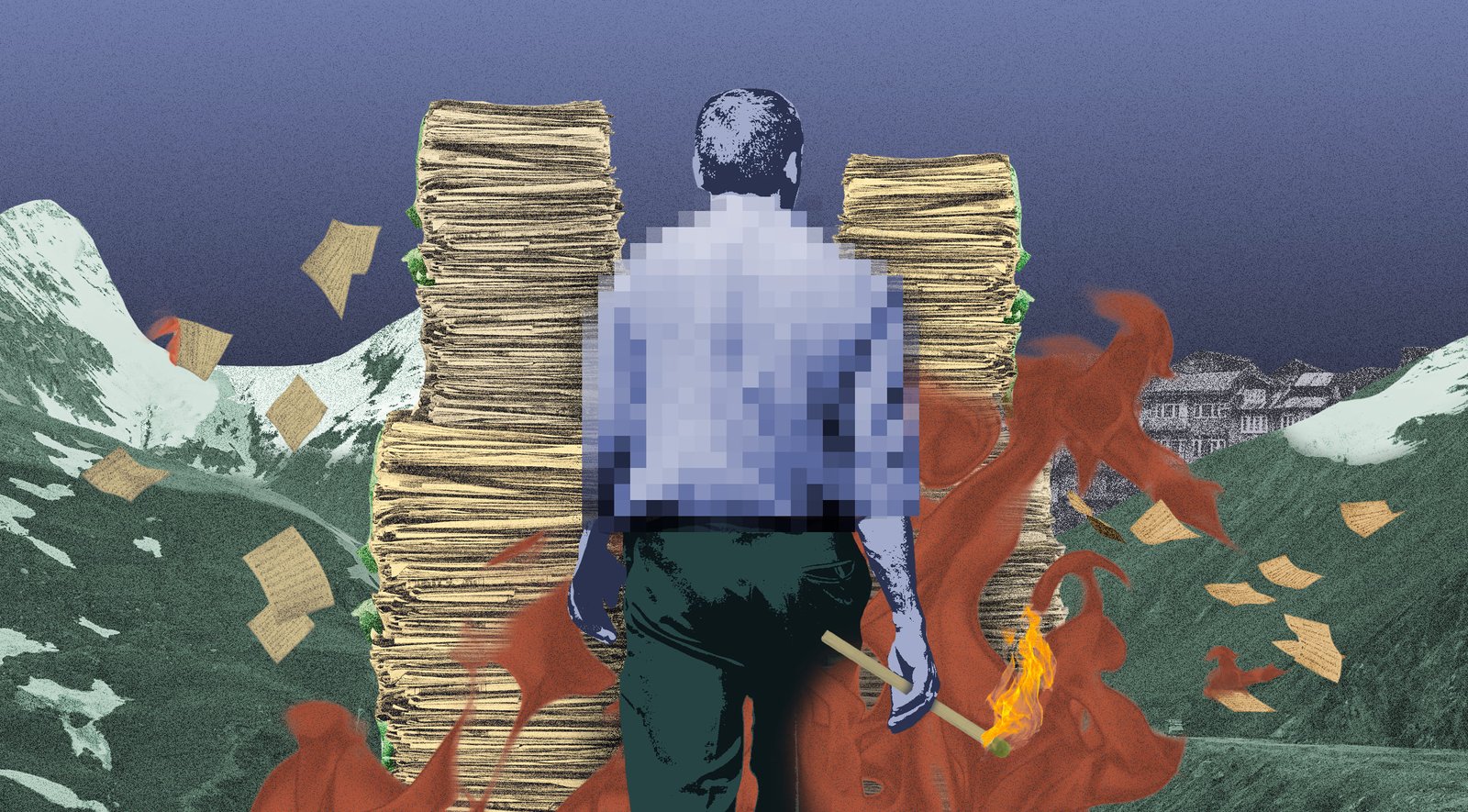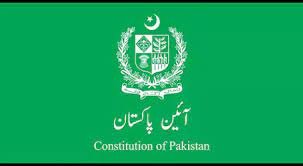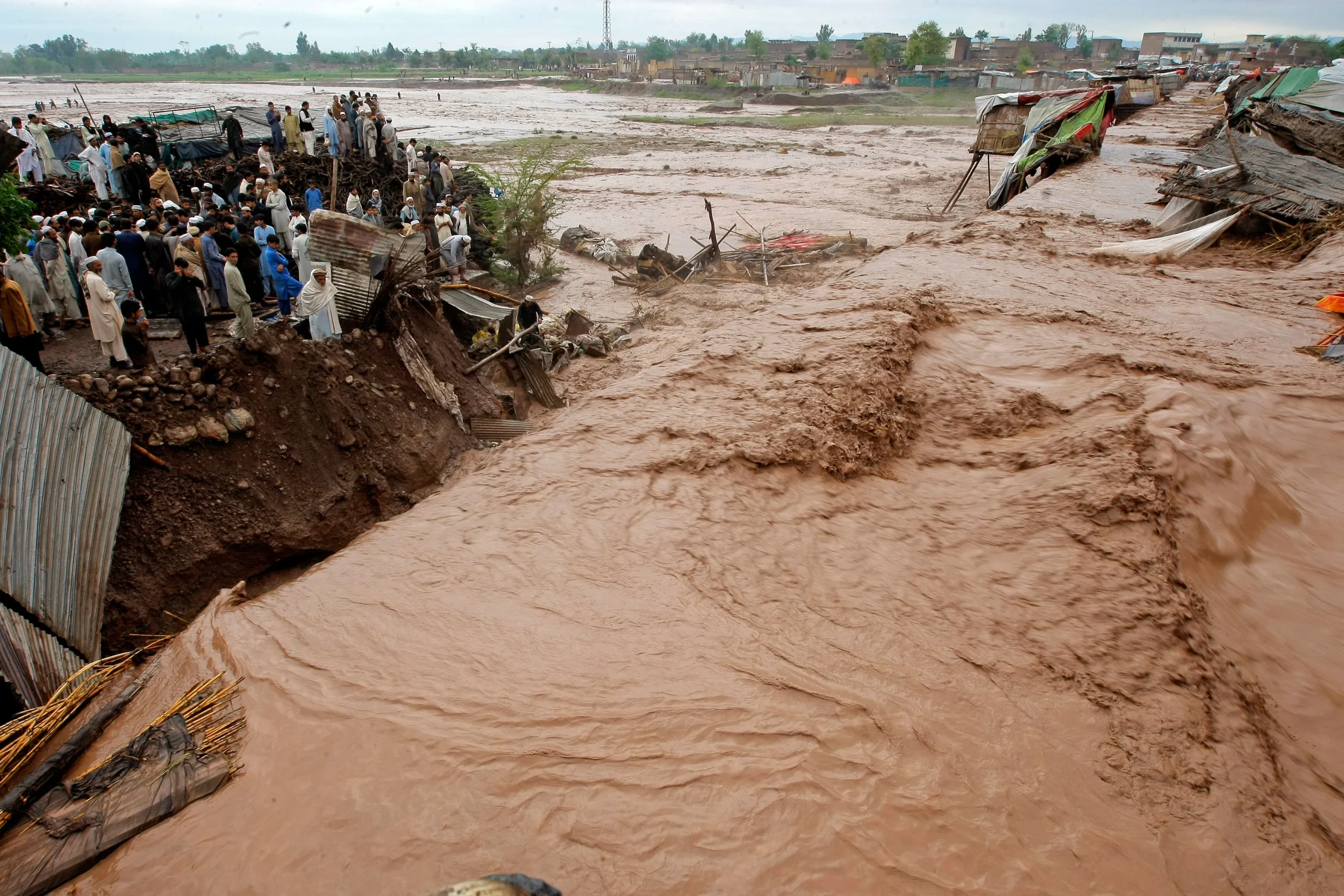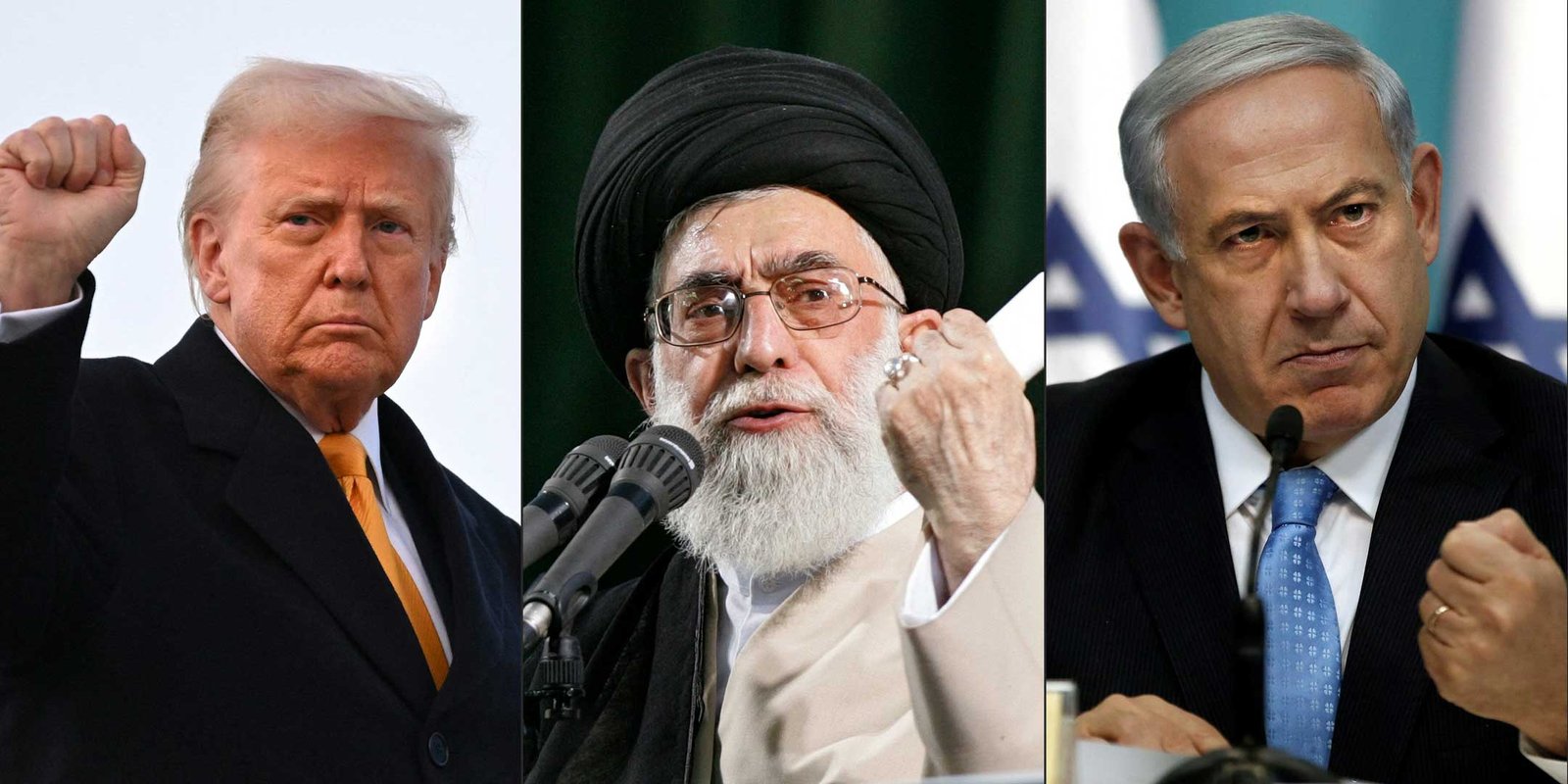EDITORIAL
The capacity to take timely decisions is the hallmark of political governance. Then, the bureaucracy inherently makes tentative choices. However, the political executive is always expected to take unambiguous and robust decisions. It is because the bureaucracy takes its power from the political executive, whereas the political executive takes its powers directly from the people. Therefore, the mandate makes it compulsory for the political executive to take timely and potent decisions irrespective of the political fallouts. Decisions are vital for governance because it impacts the socioeconomic well-being of the people. However, the Federal government’s decision-making with the IMF has been a transaction of negligence, neglect and incompetence.
Politicians have thin choices in third-world countries where politics primarily depend on the economy’s performance. Miftah Ismail started his financial campaign by engaging with IMF, as it was the only choice. Then, politically, the PDM attributed the economic mess to the governance of the PTI government. However, initially, the PDM government successfully negotiated with IMF and regulated the sectors according to the IMF plans. However, the clauses were implemented partially. Then, it disadvantaged PDM in both ways; first, the economy remained unstable, and second, the people faced inflation and the rising cost of living. Had the agreement been done four months earlier, the economy and inflation would have been relatively stable irrespective of the merit of the argument.https://republicpolicy.com/fixing-the-structural-issues-of-the-economy-of-pakistan/
Ishaq Dar entered into the fold of political executive with a bang. Instead, he distastefully disoriented the former finance minister, who later accused Dar of hatching a conspiracy against him. However, Dar’s mantra of competency could not take the vital decision to engage IMF. He tried his conventional ways to handle the economy; however, these could not work because Pakistan’s current economy cannot even demonstrate artificial stability. This inaction on Dar’s part further deteriorated the economy’s position. It is even creating an awful taste when the PDM government is entering into an even harsher deal with IMF. Is it justifiable for a political government to remain indecisive on critical political decisions?
It is the fundamental responsibility of a government to take critical decisions, and that too timely and vociferously. The indecision on the part of the PDM government has a cost to play for the Pakistani nations. The political government must understand that they are responsible for taking vital decisions as it makes them prominent among technocracy and bureaucracy. If the political executive can not make critical decisions, how can they be better for governance than technocracy and bureaucracy?

















